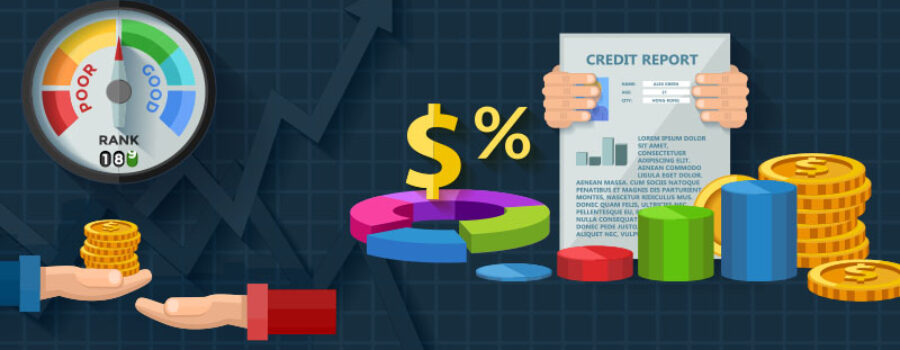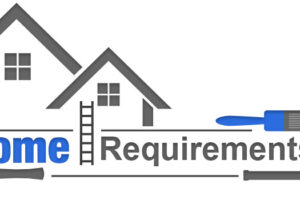The first thing to straighten out when discussing what designates a good credit score is the definition of “good.” Each individual lender, bank, landlord, etc. has their own personal definition of a good credit score. Conforming to these distinct definitions is more important and applicable to life, but FICO and companies like it lay out another definition (or designation) of good credit. To answer the question what is a good credit score, you have to look at both.
Scaling Credit Scores
FICO is the most common type of credit score, so we’ll look primarily at its rating system. FICO scores run from 300 to 850, with 300 being the worst and 850 the best. In order to put specific value to all of the numbers in between, FICO breaks down these scores into smaller categories.
Very Bad: 300 – 599
Poor: 600 – 649
Fair: 650 – 699
Good: 700 – 749
Very Good: 750 – 799
Excellent: 800 – 850
Technically, the “good” credit score would be anywhere in the 700 to 749 range, but as you can see, there are scores much higher than this. When going by FICO’s ratings, anything above a 700 would probably be considered “good” while anything less would be considered “bad” or simply less desirable. To find out what your specific credit score is, you can request a free copy of your credit report once a year from each of the three major credit agencies (Equifax, Trans Union, and Experian), and you can check your score as often as you’d like if you sign up for Credit Karma. Now you should understand that some companies certainly still accept scores below 700. So what is considered a good credit score for lenders and why is a good score important?
Lender Requirements
Like I said above, each lender has its own definition of what qualifies as a good credit score. Each lender takes that score very seriously to determine whether or not the borrower will be capable of paying back the loan. As a general rule, anything 700 and above will make you eligible for a loan and good interest rates in almost every case as long as there are no outstanding issues with the rest of your loan application. If your score is below 700, you can still be approved by several lenders, but then things start to get a little more complicated. With lower credit scores, you no longer qualify for the best interest rates the lender can give. Instead, you may have to settle for loans with slightly higher interest and plan on refinancing later.
For simple loan eligibility, pay close attention to minimum credit requirements. Some lenders will not consider lending to any borrower who has a credit score below a 580 FICO. Others require more from borrowers who come to them with low scores. For example, when financing through an FHA loan, a score less than 580 means the borrower has to pay at least a 10 percent down payment while higher scoring borrowers only need to pay 3.5 percent. In addition to higher down payments, low credit scores disqualify you from receiving low interest rates.
VA Home Loan Credit Scores
For VA home loans, the VA doesn’t technically have any requirements where score is concerned. However, like with other loans, many lenders put overlays in place that disqualify low-score borrowers from getting VA loans through them, thereby protecting that lender from loss.
At Low VA Rates, we do not normally have a minimum credit score, so the question “What is a good credit score?” has a simple answer with us: anything is good enough to apply. We put our veterans first and as such understand that a bad credit score is never the only factor in determining creditworthiness. We consider all factors of a person’s application, and if several factors do disqualify you, we’ll give you the guidance you need to qualify once again for a VA home loan. Don’t hesitate. Call us now to get a quote.






Leave a Reply
We value your privacy. Your email is safe with us.